“The Secret History” by Donna Tartt, published in 1992, is a novel that delves into the lives of a group of elite students studying classics at an exclusive Vermont college, exploring themes of beauty, morality, and consequence. The narrative is a reverse detective story, not asking “whodunit” but “why did they do it?”

✅ AI Essay Writer ✅ AI Detector ✅ Plagchecker ✅ Paraphraser
✅ Summarizer ✅ Citation Generator
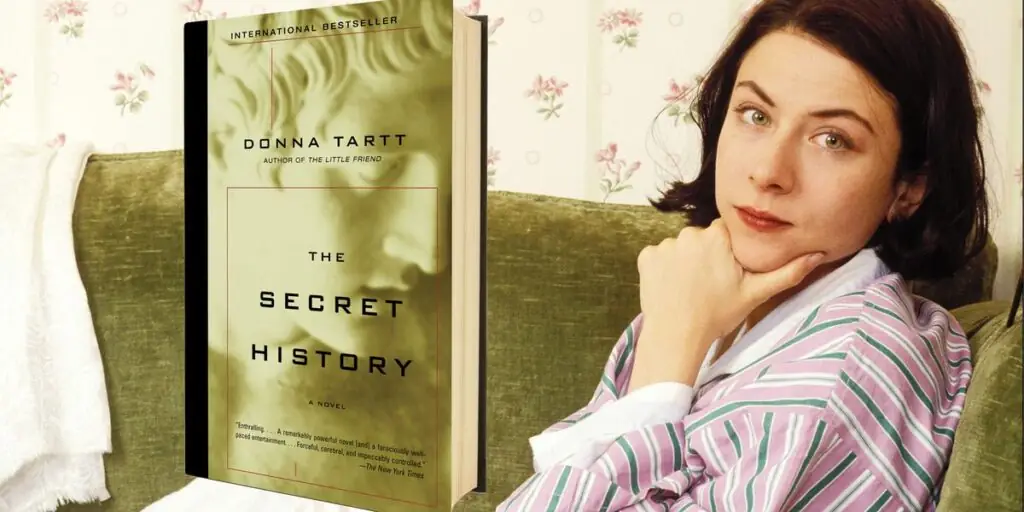
Overview
The story is narrated by Richard Papen, a California native who transfers to Hampden College and becomes infatuated with a small, isolated group of students under the tutelage of the charismatic Professor Julian Morrow. The group—Henry, Bunny, Charles, Camilla, and Francis—appears sophisticated and erudite, drawing Richard into their inner circle. However, beneath their cultured veneer lies a dark world of secrets, lies, and a spiral into moral decay.
Plot Summary
The novel opens with the revelation that the students have killed one of their own, Edmund “Bunny” Corcoran, setting a tone of foreboding and mystery. The narrative then unfolds in two parts: the events leading up to Bunny’s murder and the aftermath.
Before the Murder: Richard slowly integrates into the group, discovering that they share a profound bond over their studies and an incident from the past where they accidentally killed a man during a Bacchic rite, a secret that tightly binds them together. Bunny learns of this previous incident, and his erratic behavior and veiled threats push the group to the brink.
The Murder and Its Aftermath: The tension culminates in the group deciding that Bunny’s death is the only solution to their problems. After the deed is done, the group struggles with guilt, paranoia, and unraveling loyalties. Richard, as the observer and reluctant participant, provides a window into the psychological and moral disintegration of each group member.
The Conclusion: The novel concludes with the group disbanding and facing various fates: legal troubles, mental breakdowns, and in the case of Henry, suicide. Richard reflects on the events and their impact on his life, pondering the nature of beauty and evil and the indelible mark the experience has left on him.
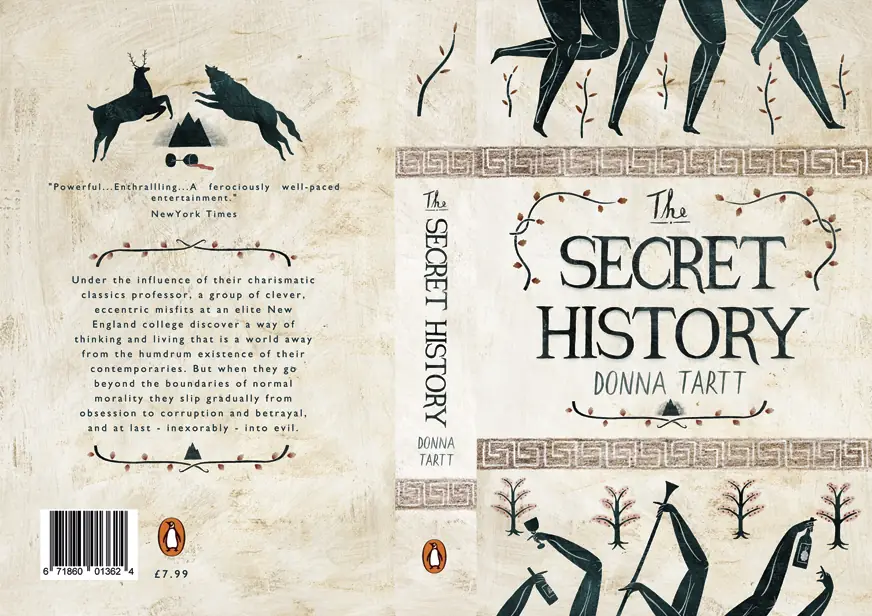
Insights
“The Secret History” is a study of the dark side of human nature, examining how the pursuit of aesthetic beauty and knowledge can lead to moral collapse. Tartt explores the consequences of living in an insular world where the lines between right and wrong blur, and actions are taken without considering their repercussions. The book scrutinizes the idea of elitism and the isolation it creates, as well as the concept of fate and how it interplays with personal choice.
Notable Quotes
- “Beauty is terror. Whatever we call beautiful, we quiver before it.”
- “It is easy to see things in retrospect. But I was ignorant then of everything but my own happiness, and I don’t know what else to say except that life itself seemed very magical in those days.”
Similar Books
Readers who enjoyed “The Secret History” might also like:
- “If We Were Villains” by M.L. Rio – A story about a close-knit group of Shakespearean theatre students whose lives unravel, leading to tragedy and murder.
- “The Likeness” by Tana French – A detective story involving a tight-knit group of university students, where an outsider infiltrates the group to solve a murder.
- “Brideshead Revisited” by Evelyn Waugh – A novel that explores themes of nostalgia, religion, and aristocracy through the narrator’s involvement with a charming but doomed family.
- “Special Topics in Calamity Physics” by Marisha Pessl – A blend of mystery and coming-of-age narrative, focusing on a student who becomes entangled in her charismatic teacher’s enigmatic life.
“The Secret History” remains a compelling exploration of the allure and dangers of idealization, the complexities of human relationships, and the profound questions of morality and identity.
Follow us on Reddit for more insights and updates.


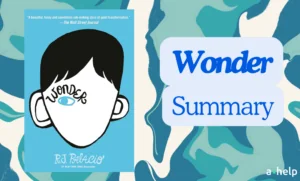
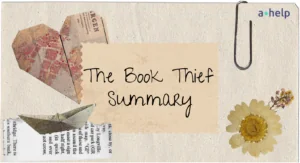
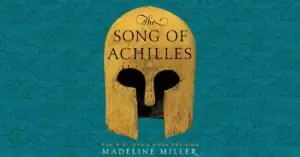
Comments (0)
Welcome to A*Help comments!
We’re all about debate and discussion at A*Help.
We value the diverse opinions of users, so you may find points of view that you don’t agree with. And that’s cool. However, there are certain things we’re not OK with: attempts to manipulate our data in any way, for example, or the posting of discriminative, offensive, hateful, or disparaging material.